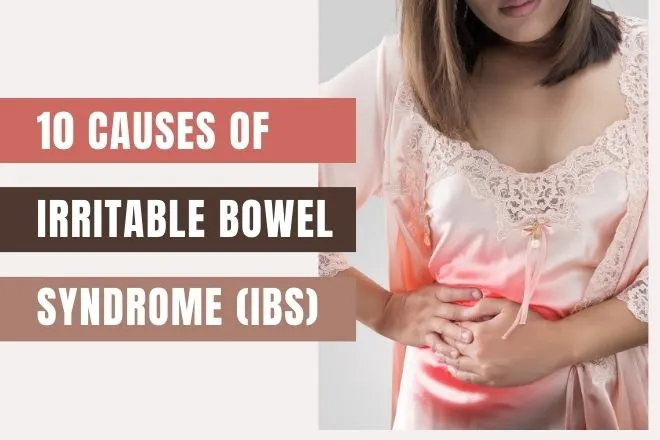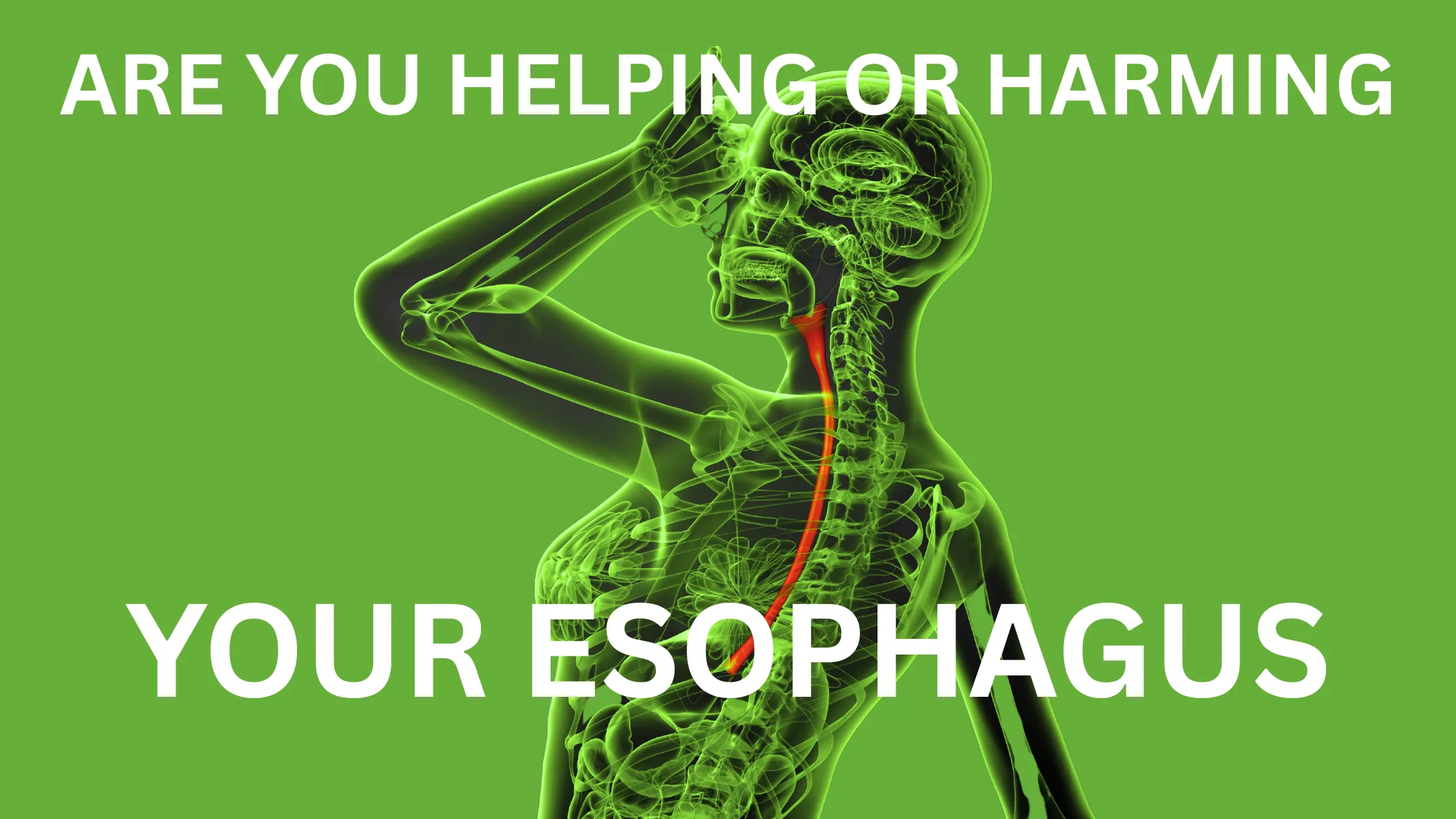10 Causes of Irritable Bowel Syndrome (IBS)

Irritable Bowel Syndrome (IBS) is a common digestive disorder that affects the large intestine. It can cause abdominal pain, bloating, diarrhea, and constipation. IBS is often triggered by different factors that can disrupt the normal function of the gastrointestinal system. As a holistic health coach, I help my clients uncover the root causes of their IBS so we can create a personalized plan to find relief.
In this blog, I'll explore the top 10 causes of IBS and simple ways you can start feeling better.
- Food intolerances: One of the most common IBS triggers is a reaction to certain foods like dairy, gluten, or FODMAPs (fermentable carbs found in foods like garlic, onions, and beans). An elimination diet can help identify problem foods. I work with clients to slowly reintroduce foods while noting symptoms. Keeping a food journal is invaluable for pinpointing triggers.
- Gut infections: Bacterial overgrowth, parasites, and other gut infections are associated with IBS. Antibiotics and contaminated foods or water can throw off the gut's balance of good and bad microbes. I recommend getting tested for gut infections like SIBO and treating any imbalances with herbs or medication. Replenishing healthy gut flora with probiotic foods is also essential.
- Stress: Stress impacts digestion and can make IBS symptoms worse. The gut-brain connection is genuine! I teach clients stress management techniques like meditation, yoga, breathing exercises, and progressive muscle relaxation to activate the relaxation response. Reducing stressors in daily life is also vital. Making time for joyful activities can also relieve stress.
- Hormonal changes: IBS symptoms fluctuate around the menstrual cycle, indicating a hormonal link. Birth control pills and hormonal therapies can also impact gut function for some. Tracking symptoms and working with a doctor may help identify hormonal triggers. Herbal remedies can provide relief from issues like PMS and menopause.
- Nervous system dysfunction: Researchers have found people with IBS can have extra sensitive pain nerves in their gut. Relaxation techniques, specific supplements, and antidepressants can help regulate the nerves and reduce pain signals. Acupuncture and massage therapy also help soothe nerves.
- Small intestinal bacterial overgrowth (SIBO): SIBO is an excessive amount of bacteria in the small intestine, causing bloating, diarrhea, and abdominal pain. A breath test can diagnose SIBO and determine the correct antibiotic or herbal treatment. Prokinetics helps improve SIBO by strengthening GI contractions.
- Medications: Antibiotics, painkillers, antidepressants, iron supplements, and antacids can negatively impact gut health and contribute to IBS. I advise reviewing medications with a doctor to find alternatives that don't exacerbate symptoms. Supplements like probiotics can counteract medication side effects.
- Low fiber diet: Fiber acts like a scrub brush moving things through the intestines. A low-fiber diet allows waste to linger in the colon, contributing to IBS symptoms. I work with clients to slowly increase sources of soluble fiber like oats, nuts, beans, fruits, and vegetables. Staying hydrated helps fiber work.
- Sedentary lifestyle: Regular exercise helps reduce IBS symptoms by decreasing stress, stimulating digestion, and supporting gut microbes. I recommend 30 minutes a day of moderate activity like walking, yoga, pilates, or swimming. Start slow if new to exercise and avoid intense workouts.
- Psychological factors: Depression, anxiety, trauma, and stress can manifest physically as digestive issues. Counseling, support groups, journaling, or a mental health professional can help treat the mind-body connection. Learning coping strategies lessens the impact of emotions on the gut.
In addition to these top 10 causes, there are a few other factors that can contribute to IBS:
● Food poisoning - Stomach bugs from bacteria or viruses can damage the GI tract and spark IBS.
● Family history - IBS tends to run in families, indicating a possible genetic component.
● Sleep disturbances - Lack of sleep negatively affects hormones, immunity, and nervous system function tied to IBS.
● Smoking, drugs, and alcohol inflame the intestinal lining and worsen symptoms.
● Thyroid issues - An under or overactive thyroid slows digestion and causes GI problems.
The good news is that simple diet, lifestyle, and mind-body therapies can relieve IBS symptoms.
As a holistic health coach, I partner with clients to identify the root causes and find individualized solutions. My approach focuses on reducing inflammation, restoring gut health, managing stress, and making sustainable diet and lifestyle changes. With some trial and error, most people find an effective IBS treatment plan.
If you're struggling with IBS, I offer a free 30-minute consultation to explore your health goals. I look forward to helping you end digestive distress and improve your quality of life. If you prefer do-it-yourself solutions I offer an amazing step by step program ideal for those with IBS called Microbiome Makeover. It's a FODMAP approach which is proven to benefit those with IBS.
To your beautiful wellness

